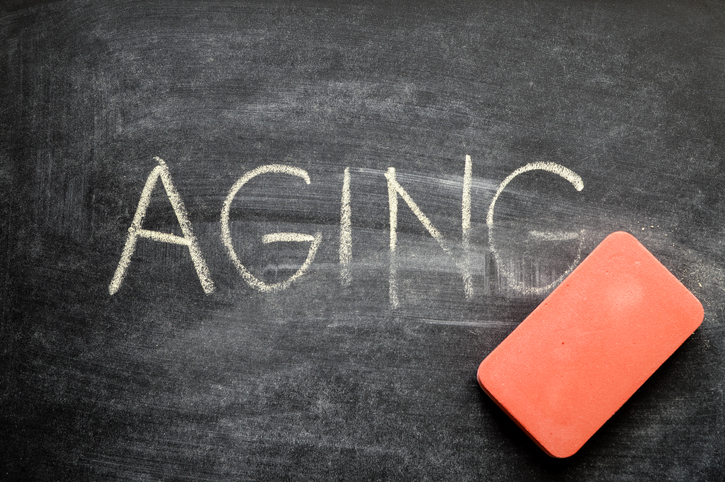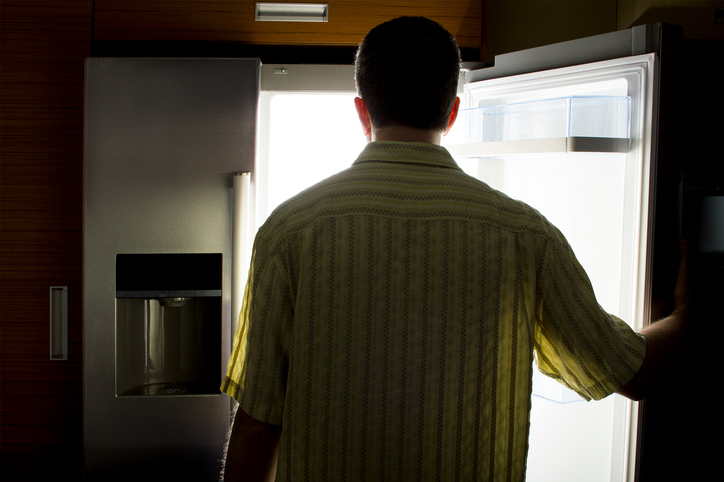As we age, we may find ourselves becoming more forgetful. The good news, is that there are steps you can take now to help keep your brain healthy and your memory strong:
Follow a healthy diet – fruits, veggies, whole grains, fish, healthy fats all have nutrients like antioxidants and omega-3 fatty acids that boost memory function. And drink plenty of water too – mild dehydration can reduce memory.
There is evidence that smoking can increase the risk of developing dementia – reduced blood flow, weak blood vessels, and inflammation that comes from the toxins in cigarettes can lead to stroke or dementia.
Regular exercise has been found to lower the risk of memory loss – it boosts the flow of blood and oxygen to the brain and produces growth hormones there as well.
Keeping blood pressure down isn’t just important for your heart, but high blood pressure has been found to supply less blood flow to parts of the brain associated with memory.
Your brain needs exercise too! Play games, word puzzles, anything challenging that requires you to work beyond the easy will help sharpen your skills!
Image Credit: SIphotography / iStock / Getty Images Plus









